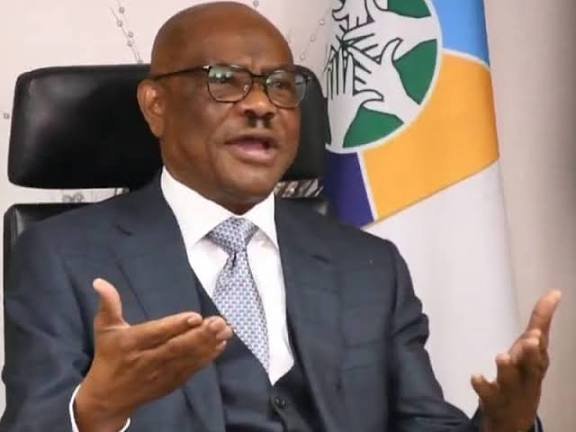Barr. Okoi Obono-Obla
By Okoi Obono-Obla
A few days ago, cyberspace in Nigeria was awash with rumours that the Senate of the Federal Republic of Nigeria had approved the creation of 12 new states. The story, widely circulated on various social media platforms and fringe news blogs, understandably triggered widespread reactions. Given the seriousness with which advocates for state creation treat their cause, it is no surprise that such claims gained traction quickly.
However, a closer look reveals that the news was not only misleading but patently false.
Tracing the Source of the Rumour:
The false report appeared on platforms like Nairaland, a site known more for unmoderated discussions and gossip than credible news reporting. My independent investigation showed that, aside from Nairaland and a few obscure media sites, no reputable news outlet published the story. This strongly suggested that the report was a fabrication, most likely circulated by mischief-makers seeking to stoke public sentiment.
Understanding the Constitutional Process:
To begin with, it is important to clarify that the Senate does not have the constitutional power to unilaterally approve the creation of new states. The process is governed by Section 8 of the 1999 Constitution of the Federal Republic of Nigeria (as amended), which sets out a rigorous and inclusive framework for such actions.
The creation of a new state is essentially a constitutional amendment exercise. It involves three key national institutions working together: the Senate, the House of Representatives, and the State Houses of Assembly.
Legislative Thresholds:
The Senate consists of 109 members. For a proposal for state creation to move forward, two-thirds of the senators—approximately 73—must vote in support.
The House of Representatives, which comprises 360 members, must also approve the proposal by a two-thirds majority—meaning no fewer than 240 members must vote in favour.
Following this, at least 24 of the 36 State Houses of Assembly must approve the same resolution. This three-tiered legislative process ensures that any proposal enjoys broad-based support before advancing.
The Role of the People and Referendum:
Beyond legislative action, the Constitution also mandates that citizens in the area seeking statehood must democratically express their approval via a referendum. This referendum must be conducted by the Independent National Electoral Commission (INEC).
Crucially, the result of this referendum must also be endorsed by at least 20 other states of the federation. This requirement underscores the importance of national consensus in state creation and protects the integrity and unity of the federation.
Designed to Be Deliberate and Rigorous:
The framers of the 1999 Constitution designed the amendment process to be deliberately rigorous. This was to prevent a situation where a few states—or a coalition of narrow interests—could whimsically alter the national framework without broader consultation or buy-in.
Any attempt to bypass this process, either through misinformation or political manoeuvring, undermines the very foundation of Nigeria’s democratic stability.
Historical Context of State Creation:
The current generation is largely unfamiliar with democratic state creation processes. Most states in Nigeria today were created by military fiat—in 1967, 1976, 1988, 1991, and 1996—under successive military regimes.
The only time a region was democratically created was in 1964, when the Mid-Western Region (now Delta and Edo States) was carved out of the old Western Region by the Nigerian Parliament, comprising the Senate and the House of Representatives.
Conclusion:
The recent rumour about the Senate’s approval of 12 new states is a clear case of misinformation. It reflects a dangerous trend in which falsehoods are dressed as facts to mislead the public. Nigerians must remain calm and avoid reacting to unverified news. More importantly, we must recommit ourselves to upholding constitutionalism and democratic principles.
Any genuine effort to create new states must adhere to the provisions of the Constitution—no shortcuts, no tricks. Let us stay informed, vigilant, and engaged in the civic process, and reject the antics of rumour-mongers who thrive on confusion and sensationalism.
Obono-Obla is Lawyer and writes from Ugep, Cross River State.










